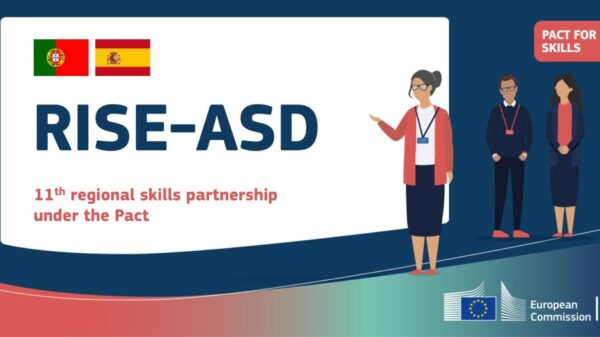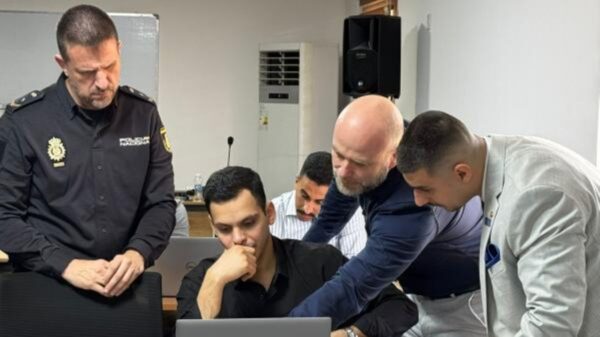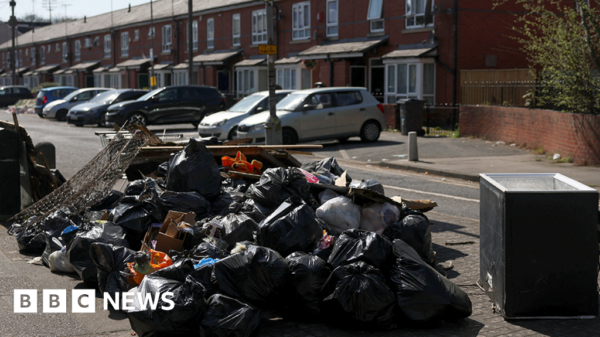At the end of April, the European Parliament voted to confirm the Forced Labour Regulation (FLR), a rule to ban products made using forced labour from the EU market. Proposed for the first time in September 2022, representatives of the European Parliament and European Council reached provisional agreement on the Regulation earlier this year.
If adopted, pending confirmation from the Council of the European Union, EU Member States will have three years to begin complying with the new rules.
The Forced Labour Regulation underwent significant revisions before reaching its final shape, in the process shedding dangerous provisions that would have presented barriers to trade for Malaysian exporters. For example, an earlier proposal that companies could be banned from the market based on a single complaint, without dispute resolution or due process, was omitted. Such a provision would have led to Malaysian exporters being vulnerable to complaints from protectionist competitors or ideological NGOs – at potentially great cost and disruption. It is an important step forward that this provision was deleted.
Notably, a revised definition of ‘high risk’ countries also makes it highly likely that the Regulation will avoid discriminating against Malaysia: ‘high risk’ status will be reserved for others with far more serious questions around forced labour.
With these changes, the final FLR will remain impactful through five main compliance requirements:
1) It will require businesses to actively identify, monitor and address forced or child labour at any stage of their operations and value chains.
2) It creates an enforcement mechanism by which any organization, including NGOs, can trigger an investigation by submitting a complaint to the European Commission.
3) It provides for the removal of a product from the entire EU market if forced labour violations are found, either in EU countries or in exporting countries.
4) It establishes a new EU database to assess risks in particular countries, regions and sectors, and allows products to be labeled as ‘high risk’ if deemed to be created in relation to “state-imposed forced labour.”
5) For these high-risk products and regions, it puts the burden of proof on exporters to show that forced labour is not being used.
Important commitments to transparency are also contained within the FLR. If/when an investigation is undertaken, companies will be informed and invited to respond. Other experts and parties will also be involved in a transparent manner. This mechanism should allow for spurious or inaccurate allegations to be identified without causing major supply disruption.
Bad actors might still attempt to exploit the complaint and investigation mechanism, as well as the risk database and label, to target exporters from Malaysia or other trading nations. As demonstrated during earlier debates on the FLR, advocates of restrictive trade policies in Brussels continue to falsely paint Malaysian palm oil as non-compliant with EU regulations as part of broader protectionist agenda. However, barring these abuses, the final Forced Labour Regulation is ultimately non-discriminatory and Malaysian companies will be able to comply. Malaysian palm oil has a robust commitment to workers’ rights and best in class “industry-wide efforts…to address child labor and forced labor in the palm oil industry”, as recognized by the U.S. Department of Labor in 2022.
The Malaysian Palm Oil Association’s 2021 Responsible Employment Charter already enshrines many of the same principles as the EU regulation, and the MSPO certification system meets and exceeds the EU’s criteria for compliance. It achieves this through five key aspects:
1) Clear and unambiguous language on the prohibition of child and forced labour across operations.
2) Explicit engagement of the eleven indicators of forced labour as identified by the International Labour Organization.
3) Language on these indicators imposing a ‘negative finding’ or ‘no evidence of’ standard, meaning auditors must interview workers, worker representatives and other stakeholders to demonstrate compliance.
4) A requirement that companies take responsibility for all indirect and direct employees under a ‘trilateral’ employment structure, preventing the sidestepping of obligations.
5) Full support of both the Malaysian government and palm employers, with workers, employers and the government all playing a role in ensuring compliance.
Today, preventing forced labour continues to be a top priority for Malaysia. Earlier this year, Plantation and Commodities Minister Datuk Seri Johari Abdul Ghani said that “it is imperative that government addresses this prolonged issue of foreign workers deceived into coming here for work.” His comments coincide with a renewed review of bilateral work permit and visa agreements to stamp out exploitation. For these reasons, Malaysia’s exporters can be confident of complying with the final EU Forced Labour Regulation.
However, other EU regulations and initiatives remain problematic. Unlike the FLR, the EU Deforestation Regulation is overtly discriminatory against Malaysian palm oil and smallholders, and presents a clear barrier to trade and a risk to the incomes of Malaysia’s small farmers. The EU’s Delegated Act, which restricts palm oil biofuels, is similarly discriminatory and was deemed so in a recent WTO ruling.
These facts from other regulations are important to understanding the Forced Labour Regulation itself. The final result – where Malaysia can comply and draconian barriers should not be created – is a result of strong compliance and regulatory efforts in Malaysia, not a result of benevolence from Brussels. Efforts to harm Malaysian exporters were proposed, but did not succeed. A satisfactory outcome never tells the full story of the journey.


You May Also Like
Europe
On 1 May this year Belgian journalist Roland Delacore wrote a personal opinion piece about the Church of Almighty God, which was published in...
Europe
Aigul Kuspan, the ambassador of Kazakhstan to the Kingdom of Belgium and head of mission of the Republic of Kazakhstan to the European Union,...
General
The European Union has formally announced it suspects X, previously known as Twitter, of breaching its rules in areas including countering illegal content and...
Europe
This editorial was published in Welt am Sonntag on 11 July 2020. As a young prosecutor, I used to wonder why white-collar criminals would...




























